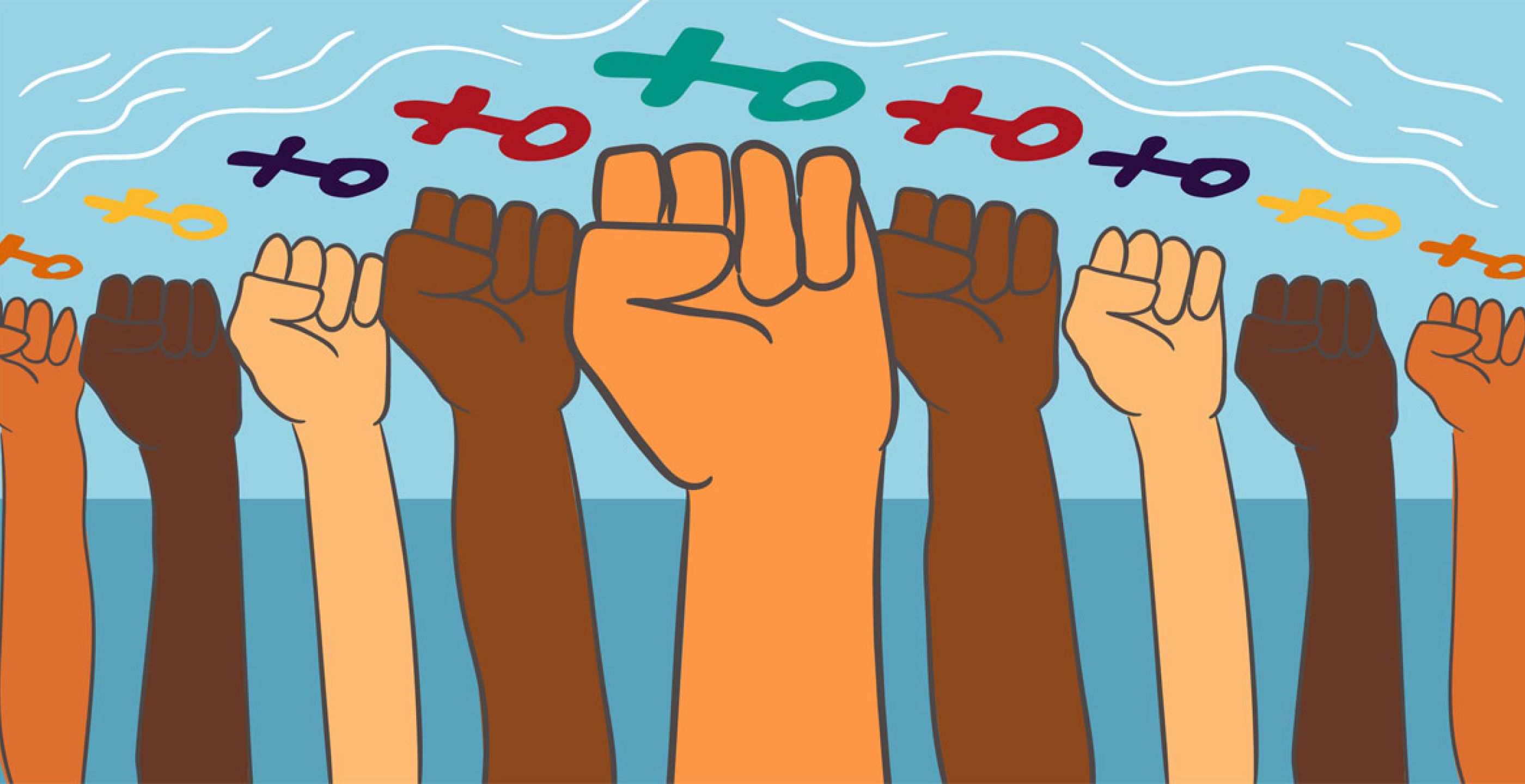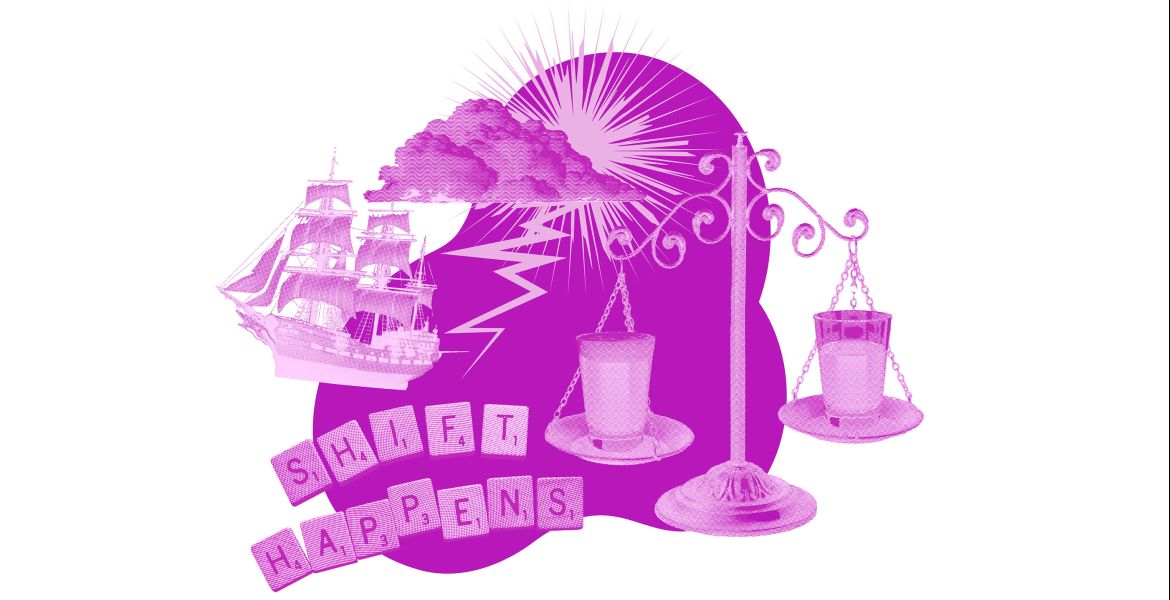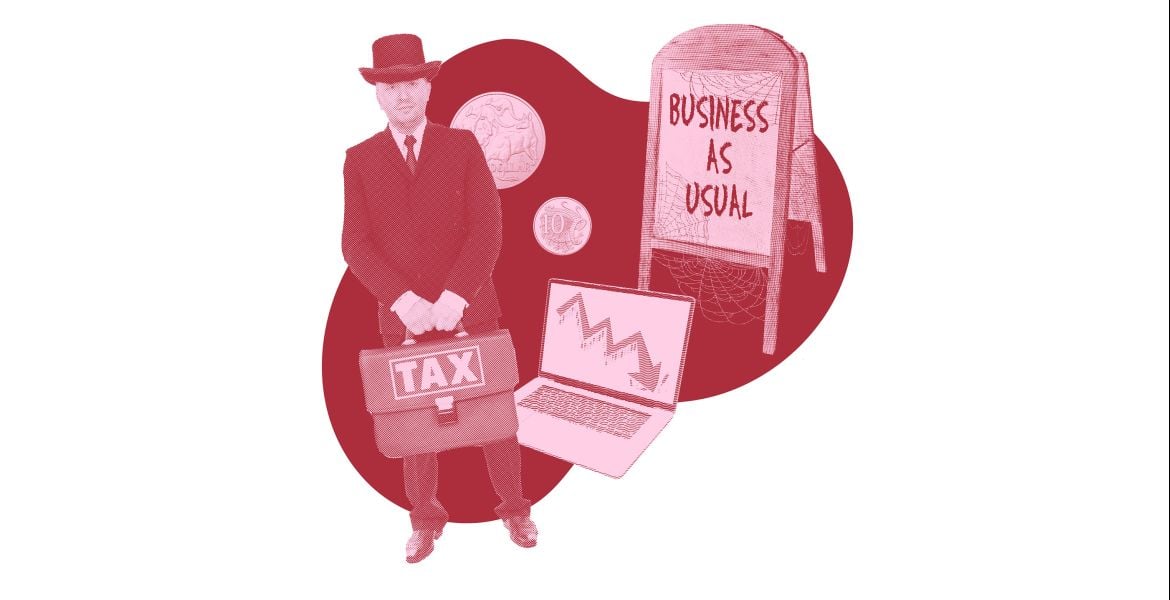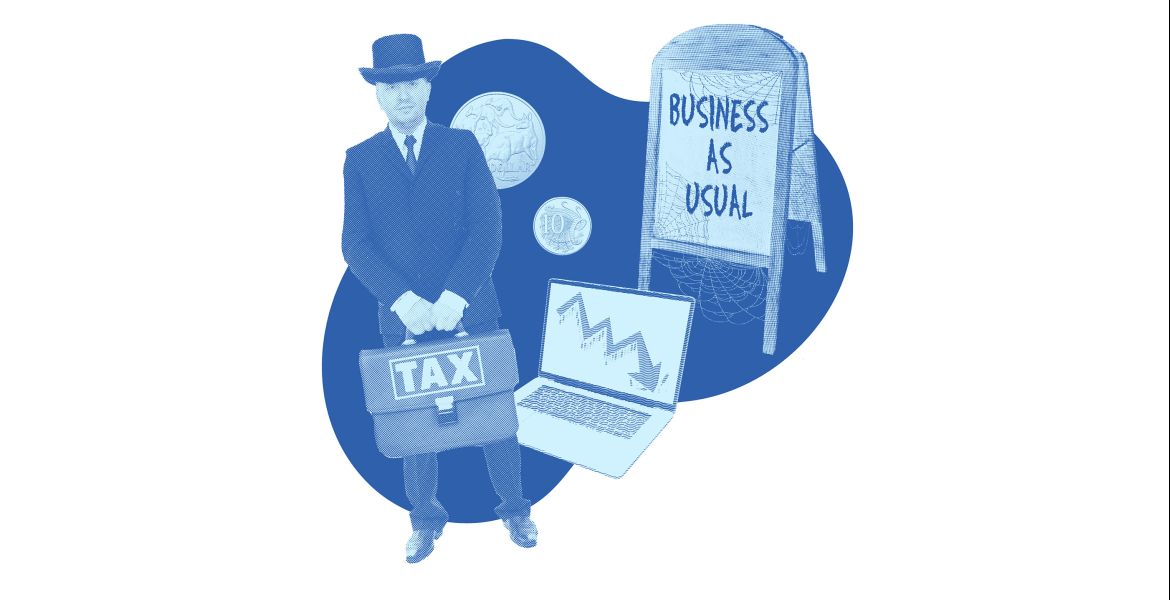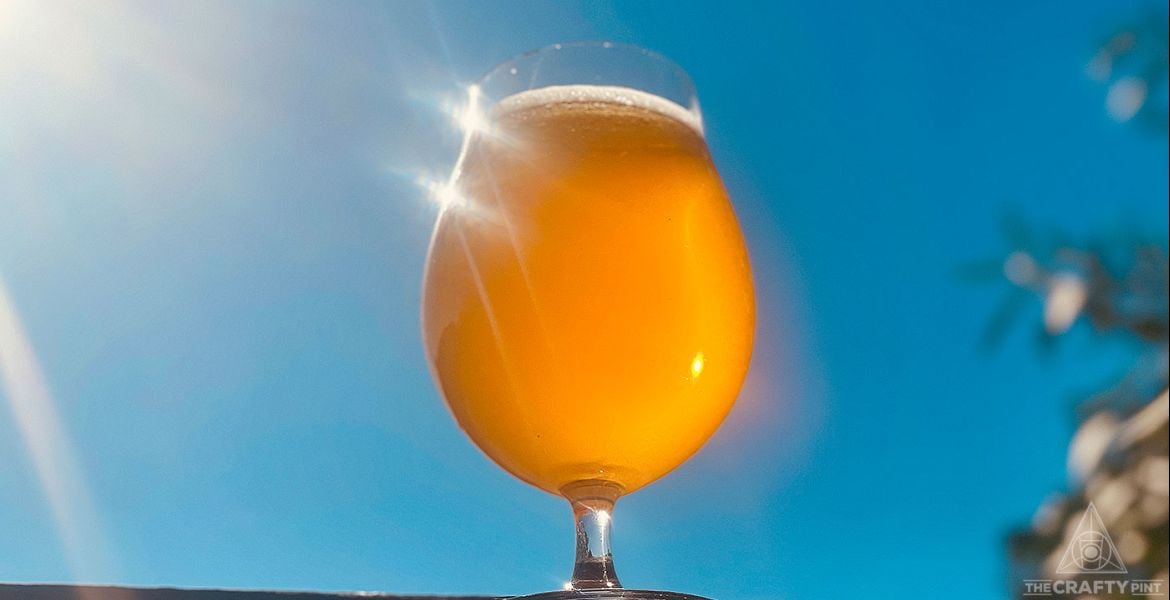Content Warning: This article contains discussion of sexual assault
Believe women.
The final two words in Her Story can read like a battle cry, or a cri de coeur, especially set against the backdrop of the conversations taking place throughout Australian society in recent weeks and months.
Believe women.
It’s a bold statement, isn’t it? A demand that we sit up, pay attention, and make changes to the way we behave, the way we treat each other. When the words come from a woman who feels it necessary to tell the world for the first time how she was raped years ago after a beer festival because she hopes it will make a difference for the better, it becomes bolder, more powerful still.
Believe women.
And yet, why? Why does it feel like such a bold statement, a challenge we need to face, that we need to rise up to meet? Shouldn’t believing women just be something as obvious, as central to existence in a civil, 21st century democracy as breathing?
It goes beyond believing women too. There hasn’t been a single female spoken to for these articles who hasn’t experienced instances of sexist behaviour, be that derogatory language, inappropriate touching, unwanted approaches, or unequal treatment in the workplace – and this in an industry that claims to hold itself to higher standards than society as a whole.
If the craft beer community wants to claim qualities such as integrity and inclusivity, to show how drinking culture in Australia can be better, it’s clear it needs to look inside and well as projecting an image to the outside world. It should be holding itself to higher standards on an individual, organisational and industry wide level, not least to create a space where everyone feels safe, and welcome, where everyone feels comfortable speaking out, where everyone knows they’ll be believed, where everyone is treated with respect.
As Two Birds Brewing co-founder Jayne Lewis puts it: “It’s utterly ridiculous that we need policies around this shit.”
Yet here we are, with the situation brought into ever sharper focus by the outpouring of outrage in the US craft beer community that began with Brienne Allan, of Notch Brewing in Massachusetts, sharing women’s stories via her Instagram account, Ratmagnet.
Over the weeks The Crafty Pint has been working with a group of people on these articles, every female we’ve spoken to has had a personal experience to relate. It’s eye-opening that those for whom such experiences are rare – the odd derogatory comment, that “awkward” time they were hit on by a brewer they knew to be married – regard themselves as lucky. The implication here is that, as a women in the beer industry – or a woman full stop – it’s to be expected.
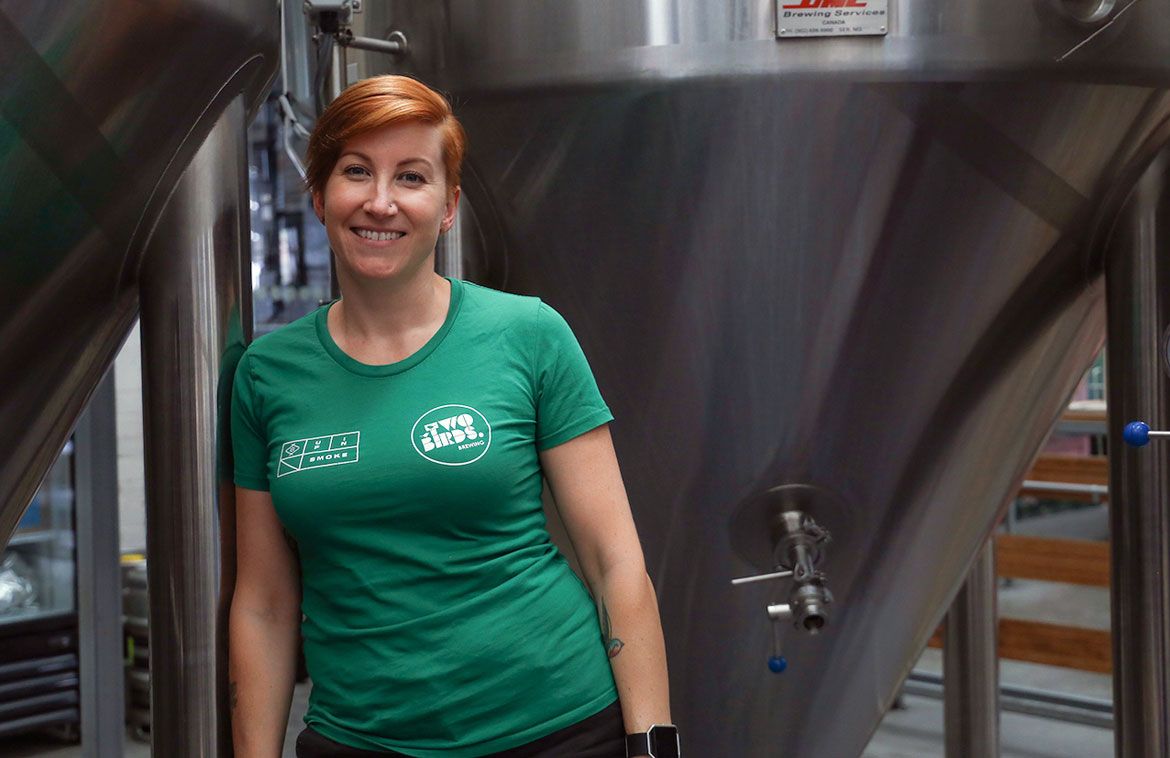
For Jayne (pictured above), someone whose role in the craft beer industry can be described as trailblazing without fear of hyperbole, and who has been an inspiration to so many other females that have followed her into the industry, such occurrences are, for the most part, confined to the past. Yet starting out it was far different, to the point she says incidents – sometimes involving senior figures in the industry – would almost blur into one.
“You were just accustomed to getting off colour comments from people inside and outside the industry – from punters at beer festivals and also from other members of the industry,” she says. “It was so commonplace it was kind of just accepted; it was the price you had to pay being the minority in the industry.
“I’m pretty bloody-minded and old school so I wouldn’t have been put off, but it’s definitely a contributing factor to starting something like Pink Boots Society – to have this united front, to feel you had people who got what you were going through.”
While Jayne’s senior role in the industry has afforded her a level of protection from unwanted approaches, it’s not one always afforded to others.
Holly Slater (pictured below) has been working in various roles in craft beer in Sydney for the past four years and has written articles and produced podcasts on beer, yet says such experiences – both for her and friends she’s spoken to for this article – are commonplace. In her role as one of the craft beer experts at Beer Cartel, she describes being spoken down to, by women as well as men, or ignored in favour of male colleagues sometimes several times a day.
For friends working in bars and taprooms, the inappropriate behaviours often go further. One told Holly how “it was rare for me not to be hit on at least once in every shift”, of being advised to flirt with customers by a bottleshop owner when running a tasting in order to push sales, having to work extra hard to prove herself, and being infantilised and talked down to by senior staff.

“It can be exhausting calling people out every day on their misguided biases,” Holly says, “and draining every time a negative interaction occurs. As a result, it becomes the norm to let it go over your head to prevent wiping yourself out emotionally.”
“Letting it go” is another common thread running through the conversations of recent weeks. Whether it stems from the imbalance in power between women and men throughout society, or the fact beer remains a male-dominated industry, many women spoken to for these articles talk of looking out for each other through their own networks. It’s an approach that might help keep some from become victims, but does little to stop predators from continuing to seek new victims.
As Jayne, who admits to realising just how much she’s repressed over the years, puts it: “It’s gross.”
She adds: “It’s not like we have a list or anything like that. There are certain people who are more prone to that kind of behaviour.
“Sometimes you will see a young woman at an event talking to someone and say, ‘Look, you might just want to be wary.’
“You kind of go, ‘Why do we let it happen?’ But you also know the messages about not being the person to cry wolf. There’s so much talk about it not being a positive thing to be someone that speaks up, because if you say something against someone who’s well known in the industry it might impact your reputation: ‘Just don’t make a big deal because it’s never going to end up well for you’, which is probably part of the reason it keeps on happening.”
A reason why, as Brooklyn’s Australian ambassador Miro Bellini puts it: “The snake is still in the yard and we haven’t taken the shovel to it.”
The Good Beer Week co-founder says: “It’s such a big, invisible structure. We’re all part of how it’s been, we’ve all drank around it in the past.
“There’s blokes where I’ve said, ‘He’s harmless’ or ‘He’s socially awkward’, but that’s because he’s not trying to crack onto me, so I haven’t seen it. By staying to one side, it means we’re complicit in allowing it.
“It takes a bit of effort not to let things through to the keeper. You might think, ‘Who am I to step in with another bloke, because I don’t know the whole story and could be misreading the situation?’ That doesn’t mean you can’t ask people what they’re talking about, but it’s easier not to.”
So, building upon the calls for change in Her Story, what steps can we take to create a better, safer and more welcoming community for everyone? What can we do as individuals, businesses and organisations, and an industry as a whole to be part of a solution to a problem that, as Jessie Jungalwalla, founder of craft-focused brand agency Craft Instinct, says is “as old as time”?
CHANGE ON AN INDIVIDUAL AND SOCIETAL LEVEL
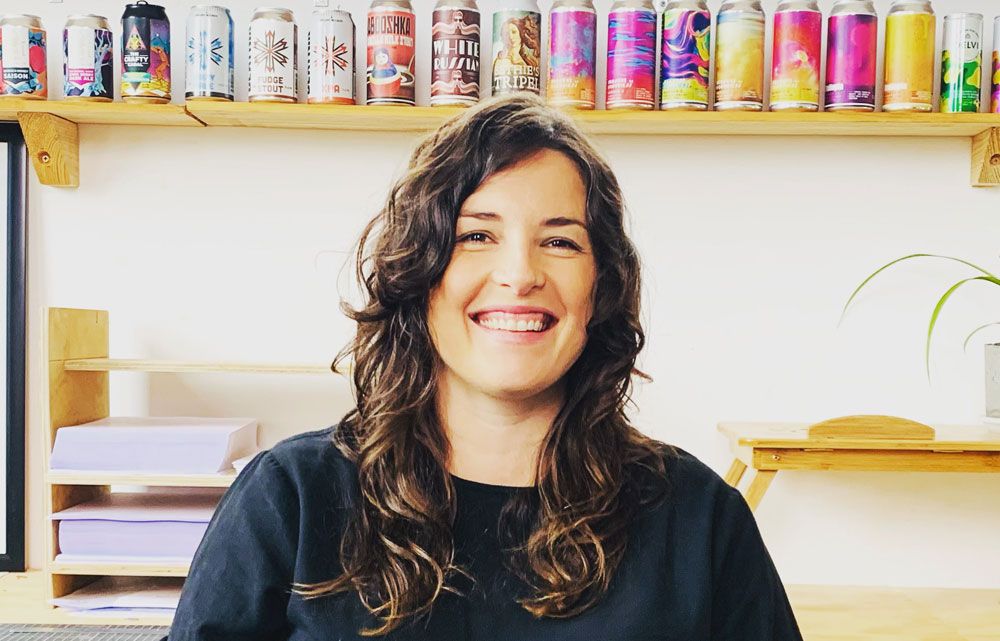
“It’s not women with the problem,” Jessie (pictured above) says. “If we choose to wear a short skirt, or have a few drinks, or choose to dance in a way that some men find attractive, it’s not our problem if men then harm us. It’s not our job to be consistently having to defend ourselves and stand up for ourselves.
“It’s up to men to sort it out.”
When it comes to seeking solutions on an individual human level, this is one of the most commonplace preconceptions that needs challenging: that sexism is a woman’s problem and any change has to be achieved by women. Yet, while it’s not exclusively men abusing or assaulting women, in the overwhelming number of instances it is, so how can there be change if men aren’t part of it?
Matt Tyler, executive director of Jesuit Social Services’ The Men’s Project, reinforces Jessie’s view: “The conversations in recent months have been led predominantly by women,” he says, “but it’s a man’s problem.”
Jesuit Social Services have been working with men and boys who are often in crisis – in the justice system and substance use programs, for example – for more than four decades, and more recently have moved from crisis work to a prevention and early intervention approach.
In 2018, they published a report called The Man Box, the result of a survey of a thousand randomly selected men aged 18 to 30 throughout Australian society on the pressures they felt to conform to traditional stereotypes about what it means to be a man. This looked at attitudes such as the need for men to be tough, always be in control, to be the bread-winner, and to have many sexual partners.
They found those young men who believed in such attitudes reported poorer mental health than those who didn’t, as well as a variety of behavioural issues harmful for them and those close to them, especially women. Men in the Man Box were twice as likely to report suicidal behaviours in the previous two weeks, almost 14 times as likely to report perpetrating physical violence in the past month, and 20 times as likely to report making sexual comments to a woman they didn’t know.
“The magnitude of these results just astounded me,” Matt says, pointing out that such attitudes aren’t isolated to one group of people or one part of society; two-thirds of people surveyed said that, since they were young boys, society had told them to behave in a certain way.
“The good news,” Matt adds, “and what motivates our work, is that these attitudes are social constructs. It’s not predetermined. They can be changed.”
What’s more, he says: “If people loosen their grip on or shift these Man Box attitudes, we know that’s good for men and boys, as well as the people in their lives.”

On a practical level for his team, this involves working with community groups, schools, workplaces, sports clubs, and so on, identifying and working with influencers within each, facilitating the process of self-reflection so they can, in turn, engage and influence others to challenge and improve their own behaviours and attitudes.
He says the starting point is oneself: reflecting on one’s own attitudes and behaviours, and raising one’s own awareness in order to be able to engage with others.
“It can be hard-going and there can be backlash and resistance, and making sure you’ve done the work yourself helps,” Matt (pictured right) says.
Of course, in the beer and hospitality worlds, particularly when large crowds gather in bars or at events, there can be a need to address incidents as they occur.
“Calling out sexist behaviour is important,” Holly says. “If you hear a friend or someone in earshot talking about or to a woman in a degrading or inappropriate way, call them out. It doesn’t have to be confrontational.
“Remaining silent is allowing it to continue, and other women to experience it.”
As pointed out by others in this article, calling out bad behaviour on the spot isn’t always an easy thing to do; we've included links to sites addressing how to be a good bystander at the end of this article.
Matt says active bystander frameworks are crucial to supporting people take action in the moment, although learning and self-development – for instance after a sexist comment – could be more likely to take place during a follow up discussion, perhaps by appealing to a person’s better nature.
“In the main, while crucial for safety and communicating what’s acceptable, in some circumstances the person perpetrating violence won’t genuinely learn when they are challenged in front of other people,” he says. “The stakes are high and they might get defensive.
“Depending on the context, that’s not a reason to stay silent but, in addition, you can engage one on one after the incident, ‘Mate – what’s going on? I really think you’re better than that. Talk to me about what’s happening. Why did you say that?’
“The process of self-reflection in a non-threatening way can promote change in a more sustainable way and avoid behaviours or attitudes getting pushed underground.”
CHANGE IN THE WORKPLACE
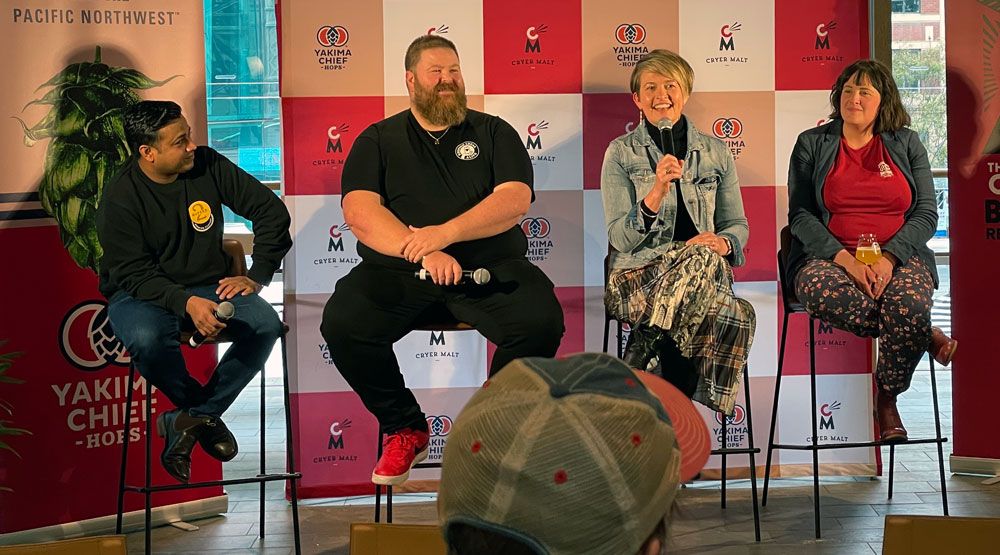
Louise Weine is the CEO of NAWO, the National Association of Women in Operations, which champions and empowers women in operations. When it comes to stamping out sexist attitudes and behaviours on an organisational and business level, she says it comes down to good leadership, establishing strong values and practices, and taking a victim-centric approach when incidents are reported.
“The point that needs to be made is that serious violence starts with poor general bad behaviour and disrespect,” she says. “If you’re seeing disrespectful behaviours every day then you’re in a higher risk situation for other stuff to happen.
“You need to think about what are you not addressing every day? What are you walking past and saying it’s OK to behave like that?
“It might be sending inappropriate images via private messaging, it could be shaming somebody publicly for not going out with you on Friday night, sending poor taste jokes of any description around the office, or talking about sexual exploits. It becomes a cultural norm that becomes acceptable and accepted.”
Miro says the first thing you see when you enter his workplace at Lion is a sign reading, “Everybody safe everyday”.
“The first course you do is OHS,” he says. “Then the follow up is about respect in the workplace.”
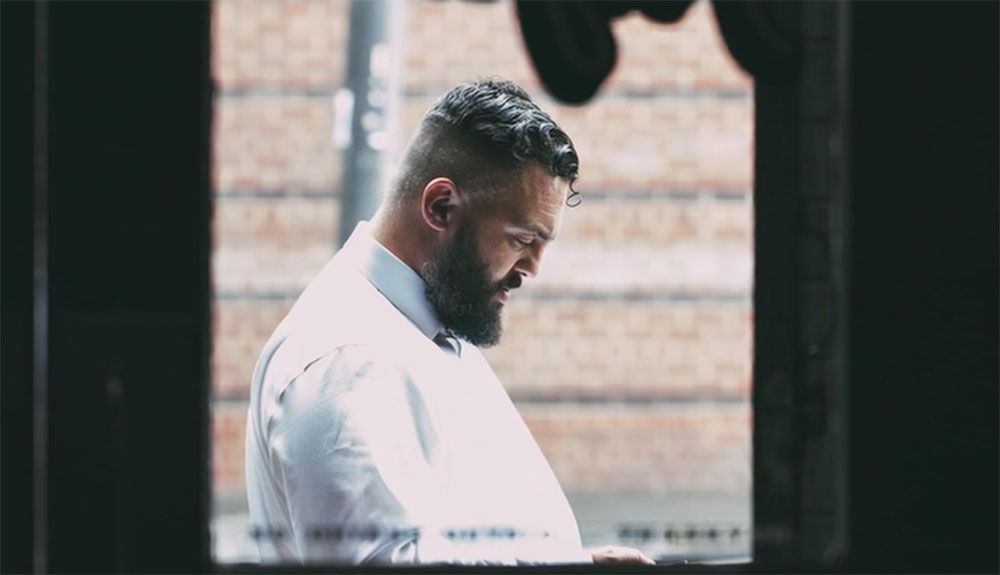
At Lion, as with other larger businesses within the beer world, there are HR departments staffed by specialists in their field with vast resources at their fingertips. It can be a very different situation for a small, family-run brewery or a bar started by a couple of mates – their entire staff might be in single or double figures but that doesn’t preclude bad or inappropriate behaviours, or guarantee a safe workplace.
“If you’re not hearing about poor behaviour of any type [as a leader] or aren’t having to address any reports of bad behaviour, the assumption you can make is that your system is missing it,” Louise says. “People are choosing not to report incidents or don’t know how to, or think it will be detrimental to make a report.”
“My one big piece of advice is that if you don’t have company values in place, put some in place – about how people work with one another, how people make decisions, how they work together in teams. How can you articulate that in a value set of five values?
“It’s about holding people to account, because something isn’t in line with agreed values. You have to live and breathe them.”
When it comes to reporting, investigating, mediation and resolution, she says small businesses are likely to already have the tools in place, even if they don’t realise it.
“Sexual harassment and anything to do with respect in the workplace can be dealt with in the same way as physical safety risks,” she says. “You’ve already got the systems in place to deal with it.
“You want to be able to track these reports – to look at the number of reports over the past year – which can be done within your safety management system in the same way as trip hazards.
“We’re not trying to make things too laborious for people running small businesses, it’s about duty of care. Everyone has a duty of care to provide a safe workplace.”
Louise also recommends outsourcing investigations into formal allegations of harassment. Rather than owners or leaders taking it upon themselves, a better and less resource intensive approach can be to get external support and invest in an expert who understands how to managing these situations.
“Obviously, it is preferential not to land in that space at all by building a really respectful culture,” she says, "but in the event you face such a situation, being able to respond quickly and empathically to all concerned is absolutely key.”
Leaders also need to ensure their response is victim centred – people need to know they’ll be believed.
“With harassing behaviour, the situation should be for a leader in an organisation to believe the report as their very first principle of action. Don’t start asking questions like, ‘Are you sure?’ or ‘Was there anyone that heard that person say that to you?’ Don’t go, ‘There’s nothing we can do because it’s they said or you said.’ That’s also not OK.
“The approach should be: ‘I believe you and I hear you.’
“If everybody understands that you will believe somebody coming forward then you will likely see people behave differently.”
CHANGE AS AN INDUSTRY
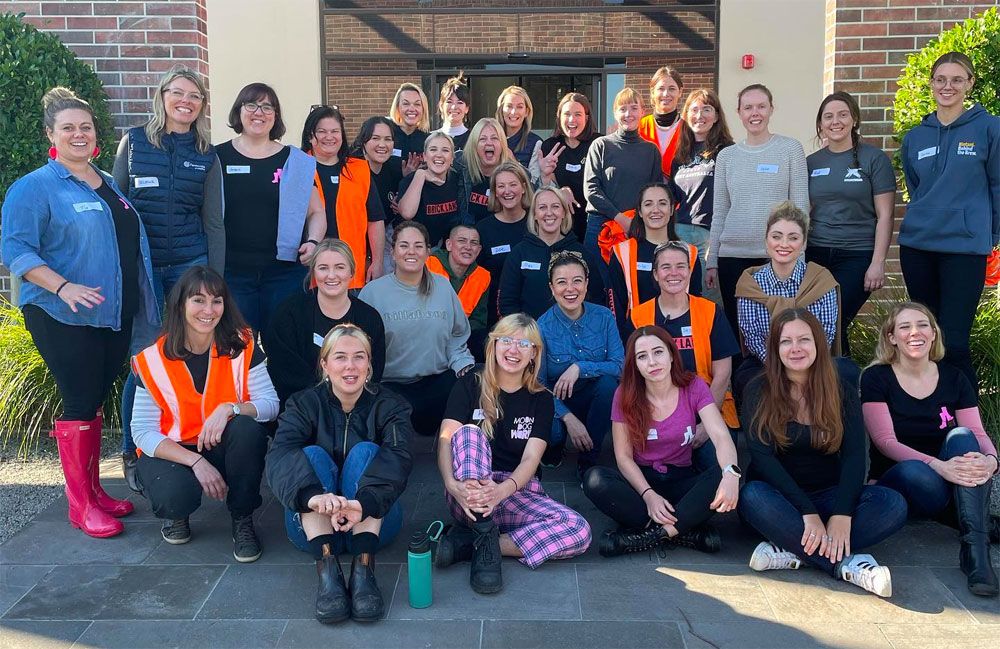
When discussing what we hoped to achieve with these articles, it became clear early on that calling for the introduction of industry policies or guidelines around creating a safer, more welcoming space for not just women, but people of all genders and backgrounds was key.
There are already campaigns such as Ask For Angela in place, while many venues across the country have posters in female toilets telling patrons to ask for a particular person or drink at the bar if they feel unsafe. But helping small businesses create guidelines and policies so their staff and patrons know what process to follow if any incidents occur – in conjunction with the steps we can take as individuals – would be a step forward.
After all, as Miro says, if we look at the social aspect of our community: “It’s called a pub because it’s for the public. If people aren’t welcome or safe there then it’s not working. That’s just plain and simple. We need to be inclusive and inviting.”
Since the uproar broke out in the US craft brewing industry earlier this month, the team at Pink Boots Society Australia has been involved in discussions around what changes can be made. Tif Waldron, president of the local chapter, says the stance of the association’s HQ in the States has already changed, with a statement issued around their intention to develop a strategy designed to “foster a safer and more equitable global community”.
“What we’ve done locally is to say, ‘We are here to listen to you and can point you in the right direction’,” Tif says, adding that she's already spoken with the People Project team at the Independent Brewers Association* to discuss how they can best tackle the issue in Australia.
“Part of my feedback,” Tif says, “was that if we’re going to do something, it needs to be the right thing. If you are going to have a place where people can report incidents, it needs to be addressed immediately and isn’t left lingering.”
As someone who’s been working in beer for a decade, she believes there’s a lot that can be done.
“Now, with many more women in the industry it’s more important, but also we have more human power. But it’s also not just sexism, it needs to be inclusive of racism, and homophobia, and transphobia.”
One other aspect to consider is the role of alcohol – it’s central to the beer and hospitality industries, after all. For some time, working out what needed to be said or addressed here felt like trying to thread a needle with a rope, when in reality the answer is as straightforward as believing women.
“Just because you’re drinking doesn’t mean that it puts you in a certain position,” Jayne says. “It’s like saying someone wearing a small amount of clothing is asking for it. Simply because you drink doesn’t mean you should be concerned about your own welfare.”
As pointed out by the Centres Against Sexual Assault (CASA) in Her Story: “Everyone has the right to change their mind and withdraw consent at any time. And if you're extremely intoxicated you cannot provide consent.”
From a perpetrator’s perspective, as Miro puts it: “Just saying someone was drunk doesn’t excuse someone’s behaviour. That sort of thing doesn’t fly and we need to be able to fix that.”
Set against the background of what’s taking place in Canberra, or the world of celebrity, or the American craft beer industry, this might sound relentlessly bleak, yet Matt for one sees hope in our current situation.
“#metoo has pushed the conversation forwards,” he says. “I really feel that we’re at a moment with regard to these conversations. We are making progress, but any cultural change is going to take time.”
Jessie traces a line between these conversations and the Black Lives Matter movement.
It’s so provoking to some people, because it’s somehow insinuating that other people don’t matter,” she says. “It’s not, it’s just saying blacks lives matter.
“When we say believe women, we’re not insinuating that you shouldn’t believe men – we are just saying believe women. It seems obvious to me, but so many people’s immediate reaction is to get defensive when hearing this.
"If you consider yourself a good guy, then believe women. That’s what good guys do.”
* * * * *
This article started with her story. For too long, it’s one that's been painted as “their” story – one about women that should be addressed by women.
In reality, it's our story – one we all own – and it's past time we worked together to make it a better one.
This article would not have been possible without the input of everyone quoted above plus many unnamed others, for which The Crafty Pint team is immensely grateful. Additional reporting by Holly Slater, who specialises in copywriting for female-led businesses; illustrations by Jessie Jungalwalla of Craft Instinct.
PLEASE NOTE: Any offensive or abusive comments, or naming of alleged perpetrators or victims of sexual assault on this website or any of The Crafty Pint's social media accounts, will not be tolerated. If any instances arise, they will be removed and, where appropriate, reported.
Resources:
- If you or someone you know is impacted by sexual assault, family or domestic violence, call 1800 RESPECT (188 737 732), the national sexual assault, domestic family violence counselling service. You can visit the RESPECT website here. The organisation recommends using their website in private browsing mode.
- You can also call the Sexual Assault Crisis Line on 1800 806 292.
- A list of state- and territory-based support organisations can be found on the Australian Human Rights Commission website here.
- Any men reading this article who would like support or more information can call the No To Violence Men's Referral Service on 1300 766 491.
- There are also valuable resources available via The Men's Project from Jesuit Social Services.
- You can find information on workplace sexual harassment on the Safe Work Australia website.
- Plus a wealth of information in the Respect@Work report.
- The MATE project, run by Griffith University, focuses on the bystander approach – what we can all do to prevent violence in our homes, workplaces, schools and communities.
A new group, Beer Agents For Change, is hosting a drop-in Zoom at 7pm AEST on May 26 as a "debrief space" for any women who want to chat about the issues raised and the current climate in the beer industry. You can join them via this link. Meeting ID: 952 1249 1922 – Passcode: 927299.
* Since publication of this article, the IBA has issued a statement confirming its "zero tolerance policy to any behaviour that is derogatory, discriminatory, sexist, racist or in any way fosters an unsafe working environment". The Board, Team and People Project Group are also working on their own policy statements, and developing new practical resources to more proactively support our industry in this regard.



